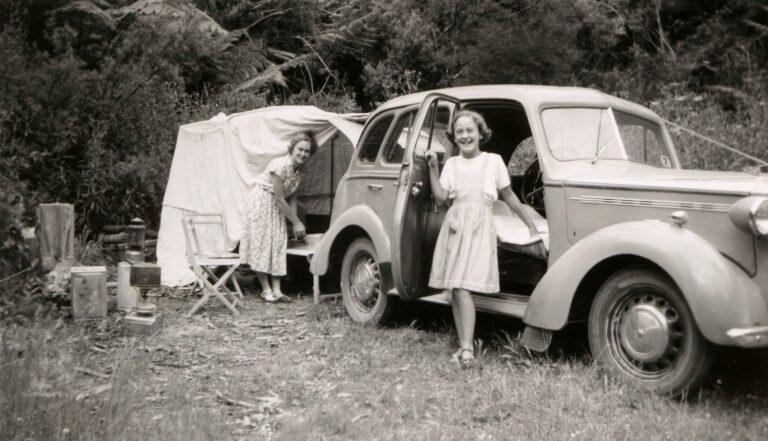When I first started researching family trees over 15 years ago, I quickly realized that history isn’t just something we read about in textbooks — it’s woven into the lives of our ancestors.
Historical events, big and small, have shaped the paths our families took, and understanding these events can help us make sense of our roots.
Take immigration, for example. Many of us have ancestors who came to a new country during times of war, famine, or economic hardship. The Irish Potato Famine in the 1840s, for instance, forced millions to leave Ireland for the United States, Canada, and Australia. If your family tree includes Irish ancestors, chances are their journey was influenced by this tragic event.
Similarly, World War I and World War II caused massive displacements, with families fleeing conflict or relocating for safety.
But it’s not just wars and famines that leave a mark. Economic changes, like the Industrial Revolution, drew people from rural areas to cities in search of work. If your ancestors lived in Europe or North America during the 19th century, they might have moved from farming communities to bustling urban centers. This shift often shows up in census records, where occupations change from “farmer” to “factory worker.”
Even smaller, local events can have a big impact. A town’s founding, a natural disaster, or the construction of a railroad might have prompted your ancestors to move or change their way of life. I once traced a family that relocated after a flood destroyed their farm. Without knowing about the flood, I might have wondered why they suddenly appeared in a new county.
To uncover how historical events affected your family, start by learning the basics of your ancestors’ time and place. Look for records like ship manifests, census data, and newspapers. These can provide clues about why your ancestors moved or how they lived.
Remember, history isn’t just about dates and facts — it’s about people. By connecting your family’s story to the larger events of the past, you’ll gain a deeper appreciation for the challenges they faced and the choices they made.
And who knows? You might just discover that your ancestors played a small but important role in history themselves!



